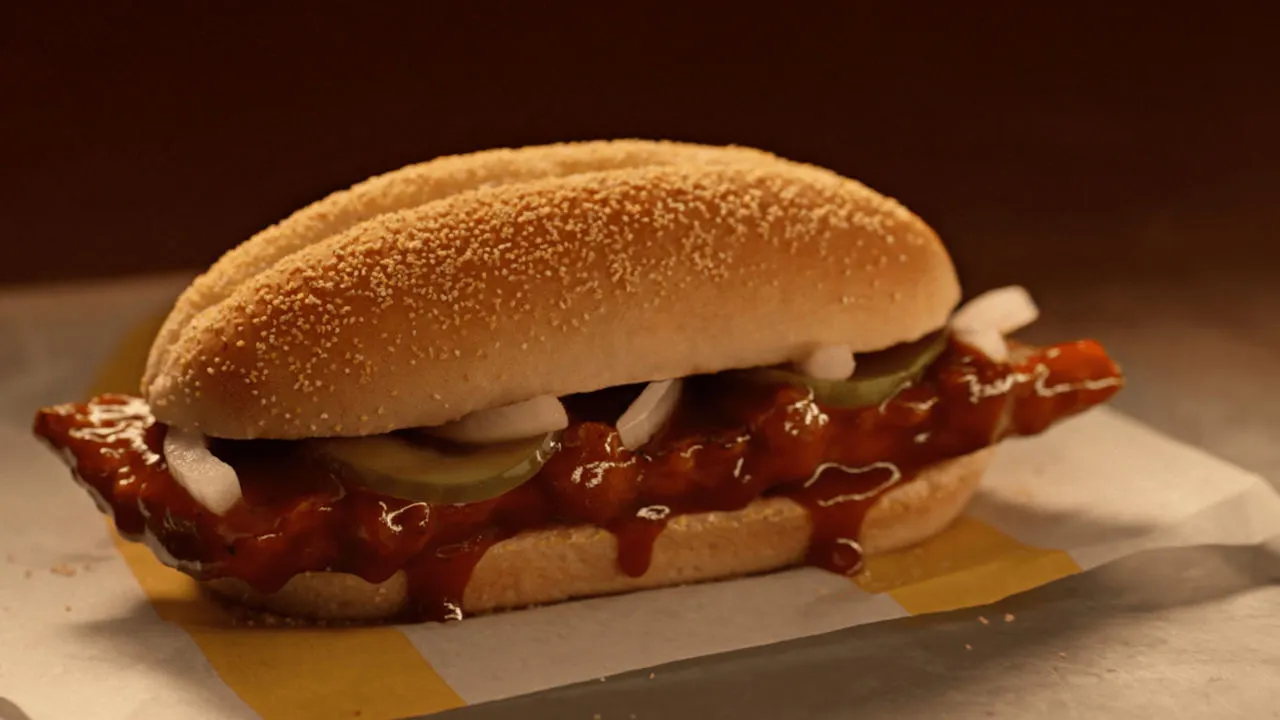What Actually Happened?
1. “Creative differences” pulled the plug
ESPN, Spike Lee, and Colin Kaepernick collectively agreed to cancel “Da Saga of Colin Kaepernick,” citing creative differences among the parties . Initially announced in 2020 under Kaepernick’s first-look deal with Disney and meant to offer a first-person account using unseen archival footage, production began in 2022 and was said to be nearly complete by late 2024 .
2. Spike Lee’s reaction? He’s moved on
At a red carpet event in mid-August, Lee told Reuters, “It’s not coming out. That’s all I can say,” citing an NDA . Business Insider adds that Spike revealed, “That thing fell apart a year ago,” and he has no intention to shop it elsewhere—he’s simply moved on .
3. Politics lurking in the background? You bet.
While ESPN officially maintains the cancellation was not influenced by the NFL’s recent 10% ownership stake in the network, critics—including a pointed column by the San Francisco Chronicle—say the timing raises eyebrows. They suggest ESPN may be bowing to corporate caution amid political pressure, especially given Trump’s long-standing attacks on Kaepernick . LA Times columnist LZ Granderson takes it further, arguing that despite Pitaro’s denials, the evolving political climate likely played a role—“creative differences” served as the convenient excuse to shelve a story that might anger powerful stakeholders .
What This Means—No Sugarcoat Here
For Spike Lee
This is a rare misfire from a director known for turning up the volume on uncomfortable truths. He’s probably annoyed—but let’s be real: “I signed an NDA” is a classy ghost. And telling Business Insider, “I’ve moved on,” suggests he’s not wasting energy chasing ghosts or pressuring platforms for a re-release .
For Colin Kaepernick
A lost opportunity to control his narrative. Kaepernick, already portrayed through Colin in Black and White on Netflix, loses the chance to deliver his story straight from the source. This could stall momentum in framing the protest-to-exile arc in football’s evolving social justice narrative.
For ESPN & Sports Media
This reveals the shifting game plan. ESPN may publicly cite creativity, but internally, when your biggest content partner (NFL) gains partial ownership, self-censorship becomes a business defensive move. ESPN is clearly not rolling the dice on content that could jeopardize Super Bowl ratings or league access .
For Football & Sport’s Role in Cultural Conversations
The cancellation isn’t just a skating move—it’s a red flag. Sport’s cultural rise has always hinged on telling complex, uncomfortable narratives. And now, those stories might face more gatekeeping than ever. If we lose these voices, we lose context—and that sucks for anyone who believes sports can be a mirror to society.
TL;DR (Talk-like-a-journalist)
What: ESPN has canceled Spike Lee’s Colin Kaepernick docuseries.
Why (public take): Creative differences among ESPN, Lee, Kaepernick.
Why (real talk): Creative divide gave the network a convenient off-ramp amid increasing political and corporate pressure; the NFL’s financial entanglement with ESPN didn’t help.
Spike’s stance: “It fell apart a year ago… I’ve moved on.” No shopping it to other platforms.
Consequence: Kaepernick’s story stays in limbo; Spike’s credibility takes a hit on one of his supposed big social-justice platforms; ESPN cements its evolving cautious posture; fans and athletes lose a rare, unfiltered voice in football.


















